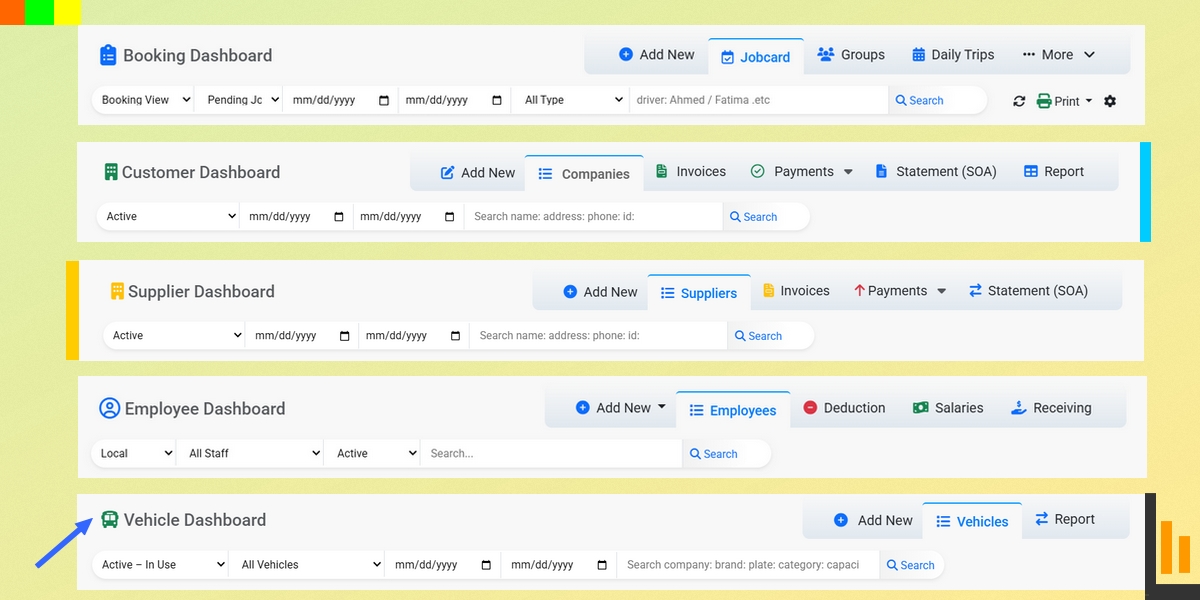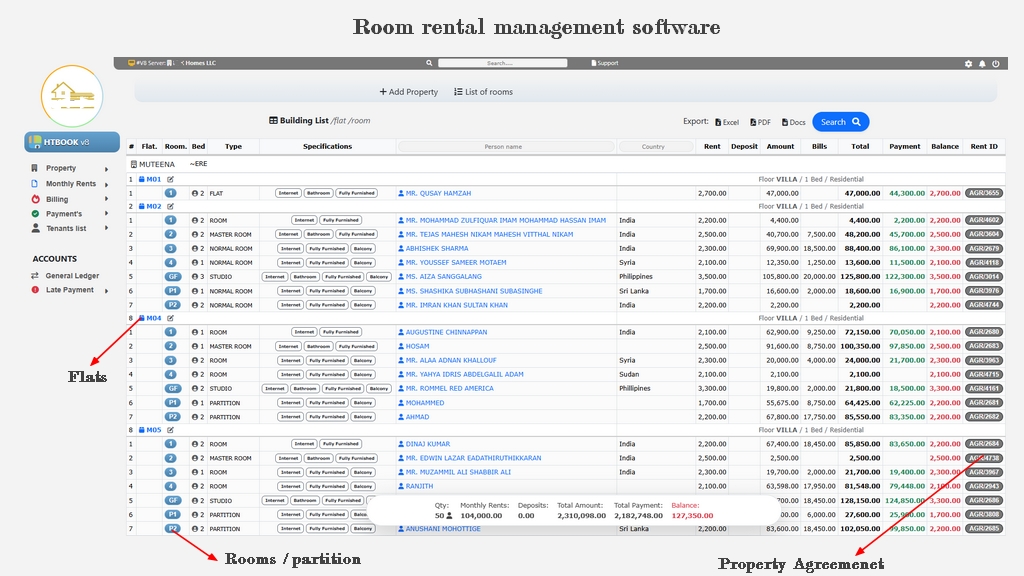What is Equity? and Why it matters
.webp)
Understanding Equity in Finance and Business
Equity represents the balance of interest in the assets of an organizational structure after deducting its liabilities. In simpler terms, it is what remains when you subtract what you owe (liabilities) from what you own (assets). Often referred to as owner is equity or net assets equity reflects true ownership in business or financial entity.
To better understand, imagine your assets as everything valuable you possess such as your home, car or savings. Liabilities, in contrast, are what you owe, like loans or credit card debt. The difference between the two is your equity, the portion that genuinely belongs to you.
Why Equity Matters
Equity plays a vital role in evaluating the financial health of business. It shows how much of the company assets are owned outright by the shareholders or business owner. The basic accounting equation:
Assets = Liabilities + Equity
Factors That Affect Equity
Equity is not static; it changes based on several key business activities:
- Profits or Losses: Equity grows when the business is profitable and declines when losses occur.
- Issuing or Buying Shares: Selling new shares increases equity, while buying them back reduces it.
- Dividends: Paying dividends to shareholders reduces retained earnings and, in turn, equity.
In times of financial stress, equity serves as a safety net, absorbing the impact of losses before creditors are affected.
Types and Components of Equity
Changes in Equity:
- Profit and Loss Impact: Equity increases when a business makes a profit and decreases when it incurs losses.
- Share Issuance or Repurchase: Issuing new shares or buying back existing shares affects equity.
- Dividends: Distributing profits to shareholders in the form of dividends reduces equity.
Equity as a Safety Net
For businesses, equity acts as a financial cushion. If the company faces losses, equity serves as a buffer before creditors bear the impact.
Equity in Personal Finance: In personal finance, equity can be related to homeownership. The value of your home minus the outstanding mortgage represents your equity in the property.
Investor's Perspective: Equity is a critical consideration for investors evaluating a company. A high equity ratio may indicate financial stability and a lower risk of bankruptcy.
Balance in the Accounting Equation:
The accounting equation, Assets = Liabilities + Equity, emphasizes the equilibrium that must exist between what a company owns, owes, and the residual interest of its owners.
Understanding equity is essential not only for financial professionals but for anyone interested in comprehending the dynamics of ownership, financial stake, and the overall health of a business or personal financial situation. It's a key element in the intricate language of finance that provides valuable insights into the distribution of ownership and the financial standing of an entity.





